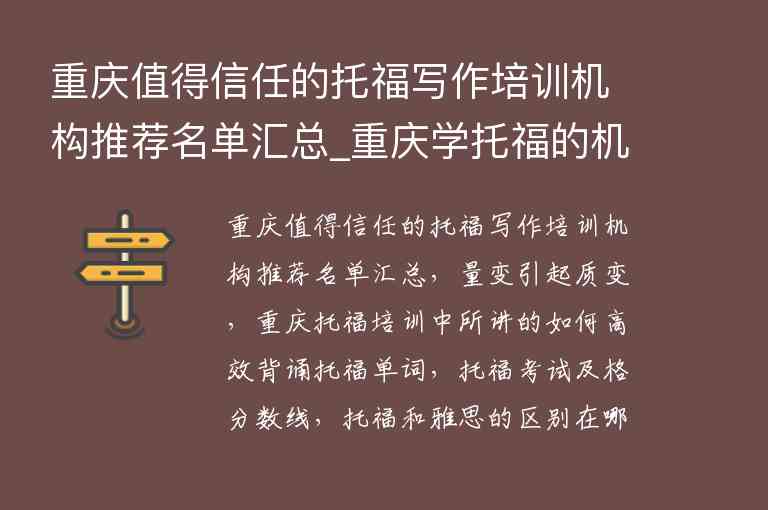arrive是动词,意为“到达,达到;(火车、飞机等)抵达;(时间、等)来临;(物品)送到”。arrive的音标是/ə'raɪv/。
怎么读(音标)
arrive的发音为/ə'raɪv/,其中重读音节是第一个a。
用法
1. arrive后面常跟at/in/on介词短语表示到达的地点或时间,如:They arrived at the airport on time. (他们准时抵达了机场。)
2. arrive也可接不带介词的宾语,表示到达某个目的地,如:We finally arrived home after a long journey. (经过漫长的旅程,我们终于回家了。)
3. arrive还可以作为不及物动词,表示某人或某物抵达某地,如:The train arrived late. (火车晚点了。)
例句1-5句且中英对照
1. We are expected to arrive at the hotel around 8pm. (我们预计晚上8点左右到达酒店。)
2. The package should arrive tomorrow morning. (包裹明天早上应该会送到。)
3. The new product will soon arrive in stores nationwide. (这款新产品将很快在全国各地商店上架。)
4. It's rude to arrive late for a meeting without letting anyone know beforehand. (没有事先通知就迟到参加是很不礼貌的。)
5. The moment we arrived at the beach, it started to rain. (我们一到达海滩,天就开始下雨了。)
同义词及用法
1. reach:与arrive意思相近,指到达某地或某个目的地,但强调经过一段时间或努力后才实现,如:We finally reached the summit after a long hike. (经过长时间的徒步旅行,我们终于登上了山顶。)
2. get to:与arrive意思相同,表示到达某地,但语气更口语化,如:What time did you get to the party? (你什么时候到达派对?)
3. come:也可表示到达某地或某个目的地,但更常用于表达“来”的动作,如:I'll come to your office tomorrow. (明天我会来你的办公室。)
4. make it:常用于口语中表示成功到达某地或参加某活动,如:We made it to the concert just in time for the opening act. (我们及时赶到音乐会现场看开场表演。)
编辑总结
arrive是一个常用且多义的动词,在日常生活中经常被使用。它可以表示抵达某个地点、发生、物品送达等含义,并且可以搭配不同的介词或宾语使用。为了避免重复使用,我们可以尝试使用同义词来表达相同的意思。但需要注意的是,不同的动词可能会有微妙的差别,需要根据具体语境来选择最合适的词汇。

